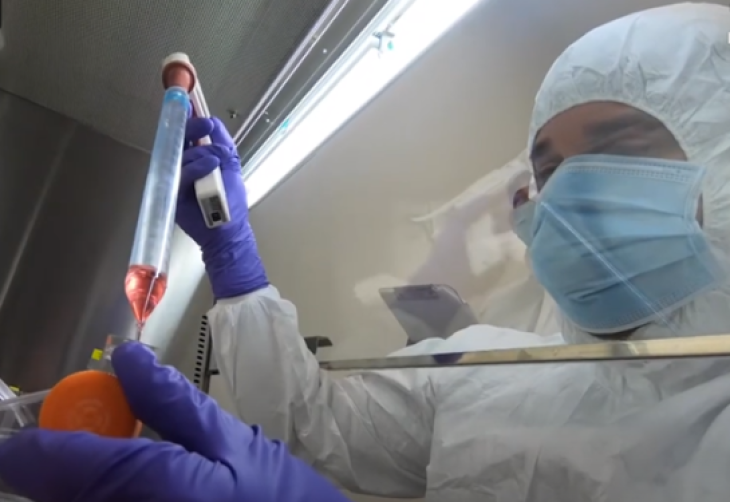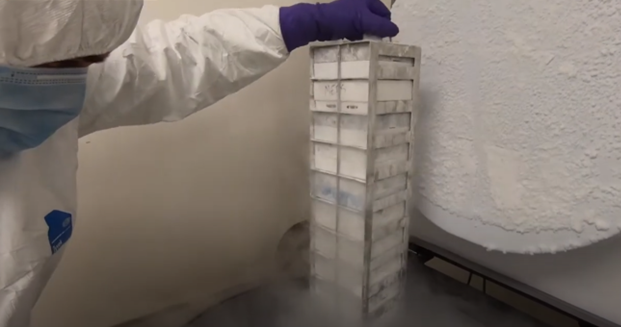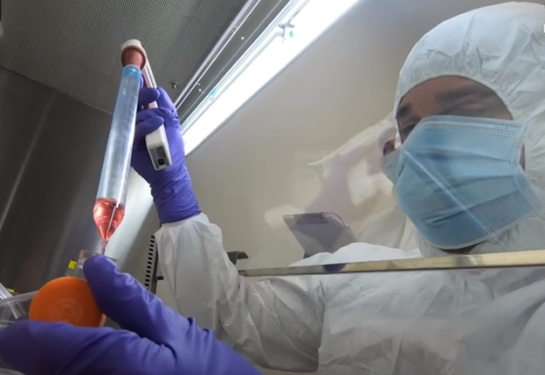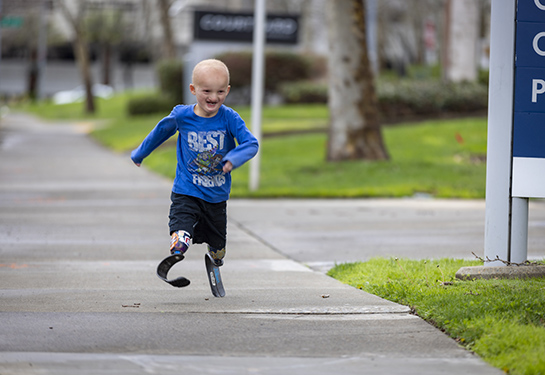Health Net grant for UC Davis Stem Cell Program to improve access to CAR T-cell therapy
Funding promotes local production of CAR T-cell immunotherapy for cancer patients
UC Davis Health’s Stem Cell Program has received a $500,000 grant from California health insurer Health Net to improve cancer patients’ access to life-saving CAR T therapies and clinical trials. CAR (chimeric antigen receptor) T-cell therapy is a form of immunotherapy that reprograms the immune cells to better target diseases such as cancer.
“Our CAR T program makes this treatment affordable and accessible to patients in 33 nearby counties and people in the Bay Area. We are providing CAR T products for over half of the state!” said Professor Jan Nolta, director of the Stem Cell Program. Nolta also directs the Institute for Regenerative Cures and the UC Davis Gene Therapy Center. “This Health Net grant is an excellent step forward for our CAR T program to help more cancer patients. It provides a budget to continue our movement toward affordability and access to patient care.”

The objectives of the new grant
The new grant will support clinical trials and the development of new and better CAR T-cell products at the Stem Cell Program’s Alpha Clinic. The objective is to advance the science of CAR T therapy and improve patient outcomes.
The grant will also support therapies that may treat more patients, especially those who are underinsured and underserved. It aims to reduce costs, boost accessibility and facilitate patient participation in clinical trials. The grant will help reduce barriers to accessing treatments by assisting with travel, accommodations and lab testing in or near patients’ homes.
"Health Net’s mission is to transform the health of the communities we serve, one person at a time,” said Vice President and Medical Director at Health Net Todd May. "We are proud to support the UC Davis team’s pioneering and cutting-edge cancer research with this $500,000 grant, and to support work that aims to create a more effective, accessible and affordable CAR-T cancer treatment."

What makes the CAR-T cell therapy development at UC Davis special?
UC Davis has an excellent track record of advancing the science of CAR T-cell therapy. It is currently involved in 14 CAR T clinical trials, with more trials in the pipeline. The CAR T-cell program has overseen the treatment of 95 patients so far.
This new grant is linked to an ongoing clinical trial for diffuse large B-cell lymphoma, a type of blood cancer. Mehrdad Abedi, professor of oncology at the UC Davis Comprehensive Cancer Center, is the principal investigator on the trial.
The cancer center’s Malignant Hematology, Cellular Therapy and Transplantation Program is the first in the region to manufacture CAR T-cells on-site. The UC Davis team has worked to improve the therapy, decreasing its toxicity and side effects. Researchers optimized the manufacturing process, reducing the time required from 12 to 8 days and validating the use of fresh rather than frozen products. This achievement enables rapid delivery of fresh CAR T products to patients.
UC Davis has also lowered the therapy costs to benefit both patients and the health system. Patients throughout Northern and Central California and the Bay Area can get their therapy at a fraction of the current industry costs.
“The cost per dose of commercial CAR T-cell therapy for cancer patients is staggering. At UC Davis, the cost is around 10-20% of that,” Nolta said. “This transparency in pricing was crucial for gaining FDA approval for insurance coverage of the manufactured product.”
The FDA approval marks a significant milestone for CAR T-cell therapy and research. Insurance companies typically do not cover product costs during clinical trials. Now, patients can ask their insurance to cover part of their CAR T-cell treatment costs.
Bringing the cost of production down allows insurance companies to participate in this improvement process. This increases accessibility for many patients who can’t afford the cost-prohibitive currently approved therapies on the market.
UC Davis is playing a leading role in regenerative medicine, with nearly 150 scientists working on a variety of stem cell-related research projects at campus locations in both Davis and Sacramento. The UC Davis Institute for Regenerative Cures, a facility supported by the California Institute for Regenerative Medicine (CIRM), opened in 2010 on the Sacramento campus. This $62 million facility is the university's hub for stem cell science. It includes Northern California's largest academic Good Manufacturing Practice laboratory, with state-of-the-art equipment and manufacturing rooms for cellular and gene therapies. UC Davis also has a Translational Human Embryonic Stem Cell Shared Research Facility in Davis and a collaborative partnership with the Institute for Pediatric Regenerative Medicine at Shriners Hospital for Children Northern California. All of the programs and facilities complement the university's Clinical and Translational Science Center, and focus on turning stem cells into cures. For more information, visit health.ucdavis.edu/stemcellresearch.




